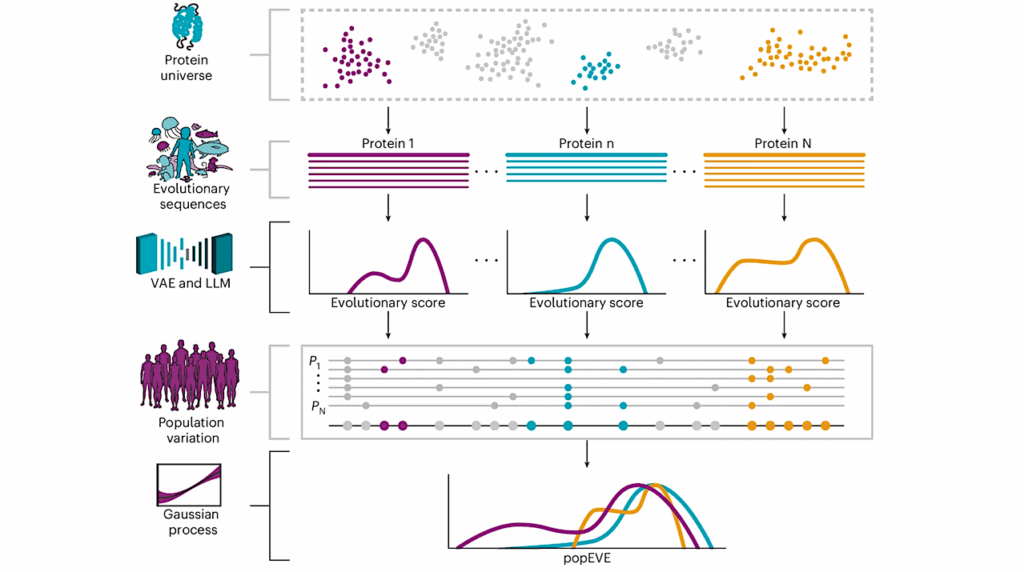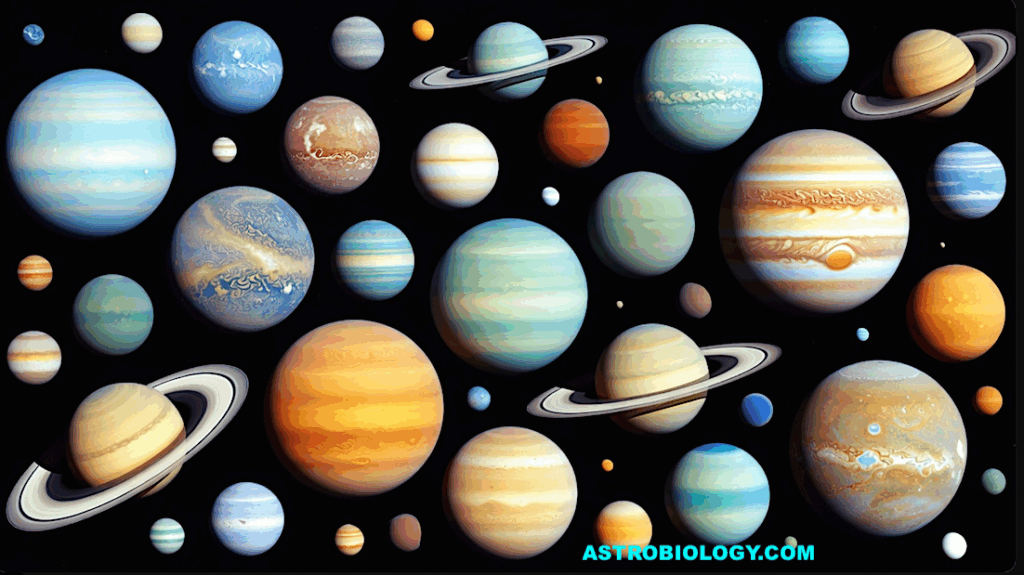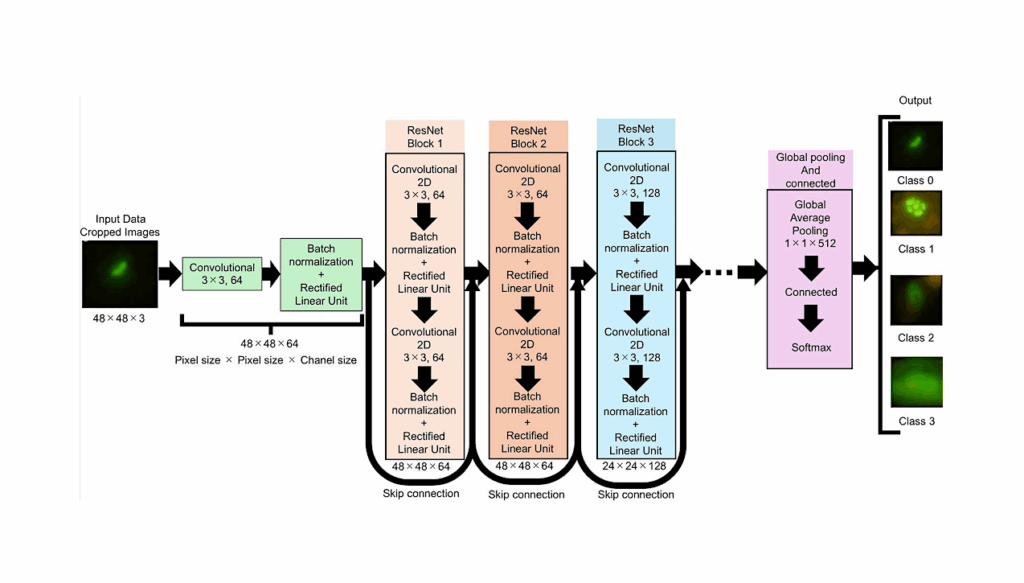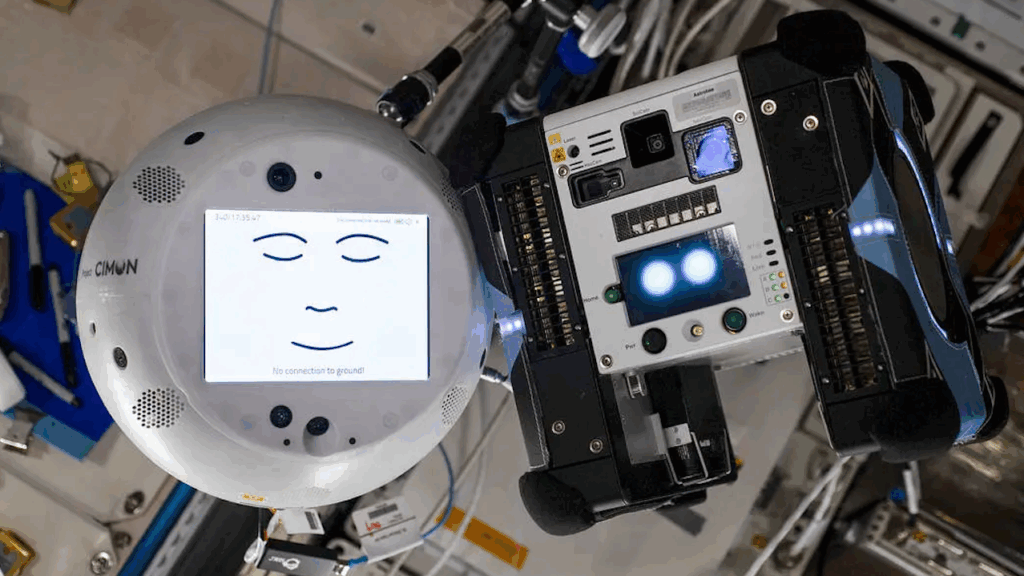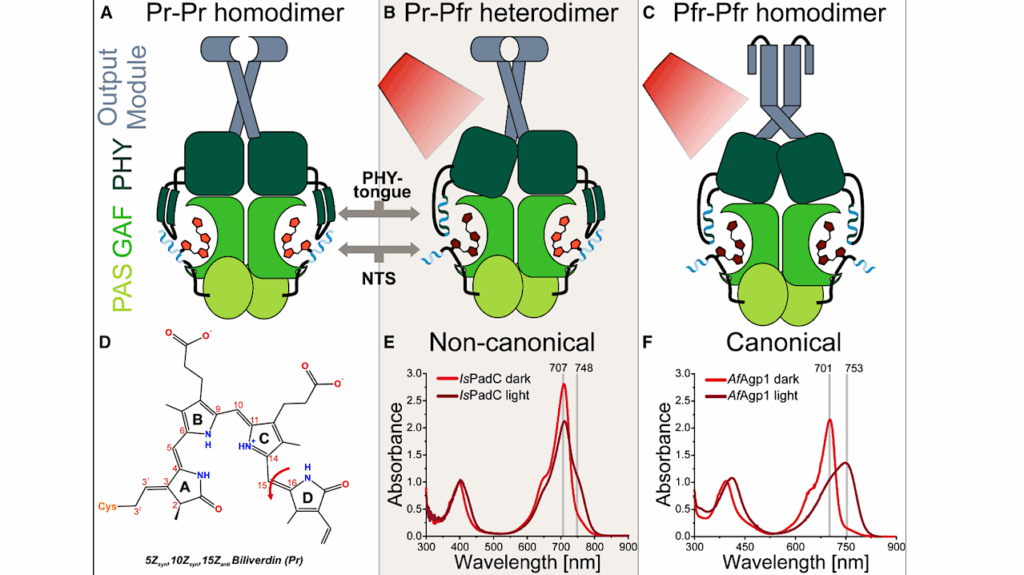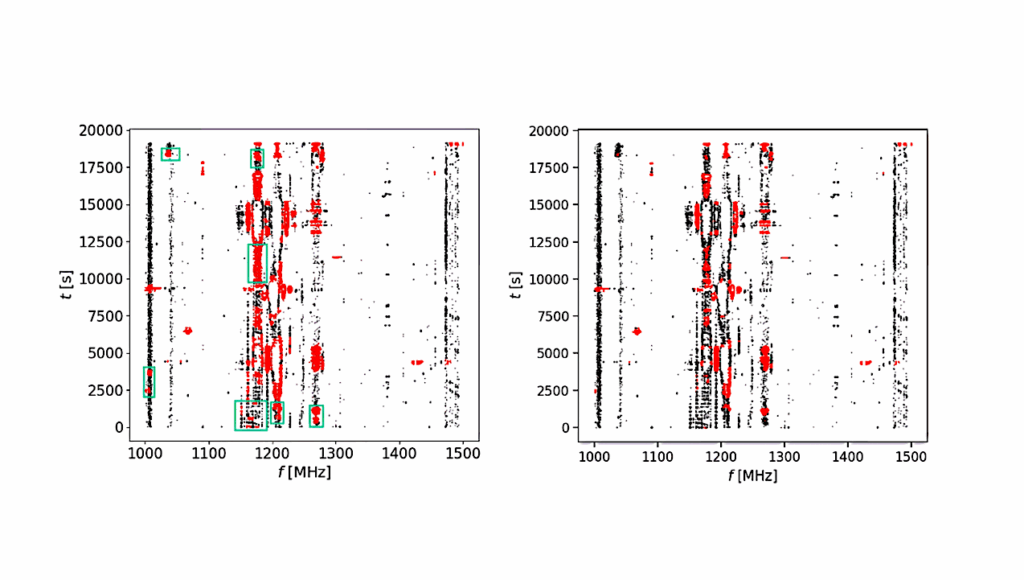Video: Building an Onboard AI to Act as an Advance Science Team

Dr. Ryan Felton hosts Dr. Bethany Theiling from the NASA Goddard Space Flight Center. Bethany discusses her research and endeavors to make AI/ML in-situ autonomous capabilities during planetary missions a reality!
Scientists and science-fiction alike dream of exploring distant worlds that could harbor life outside of Earth. While humans cannot currently travel to the most promising candidates for life in our solar system – ocean worlds such as Europa and Enceladus – our spacecraft can. Our group has been developing a collaborative, onboard AI capability that draws not only from the expertise of human scientists, but one that can learn ‘on-the-fly’.
We use multiple machine learning (ML) algorithms developed for mass spectrometry as a priori models – effectively as subject matter expertise in our AI framework. The framework analyzes data onboard, and multiple ML models act as a ‘science team’ with different perspectives. Here
I will discuss how we use ML algorithms as an onboard science team and present a simulated mission scenario to Enceladus that demonstrates our onboard AI capability during a possible life detection event. Having this capability onboard would empower missions to collect more observations and Earth-based science teams to focus on interpretation and discovery.
Astrobiology,


